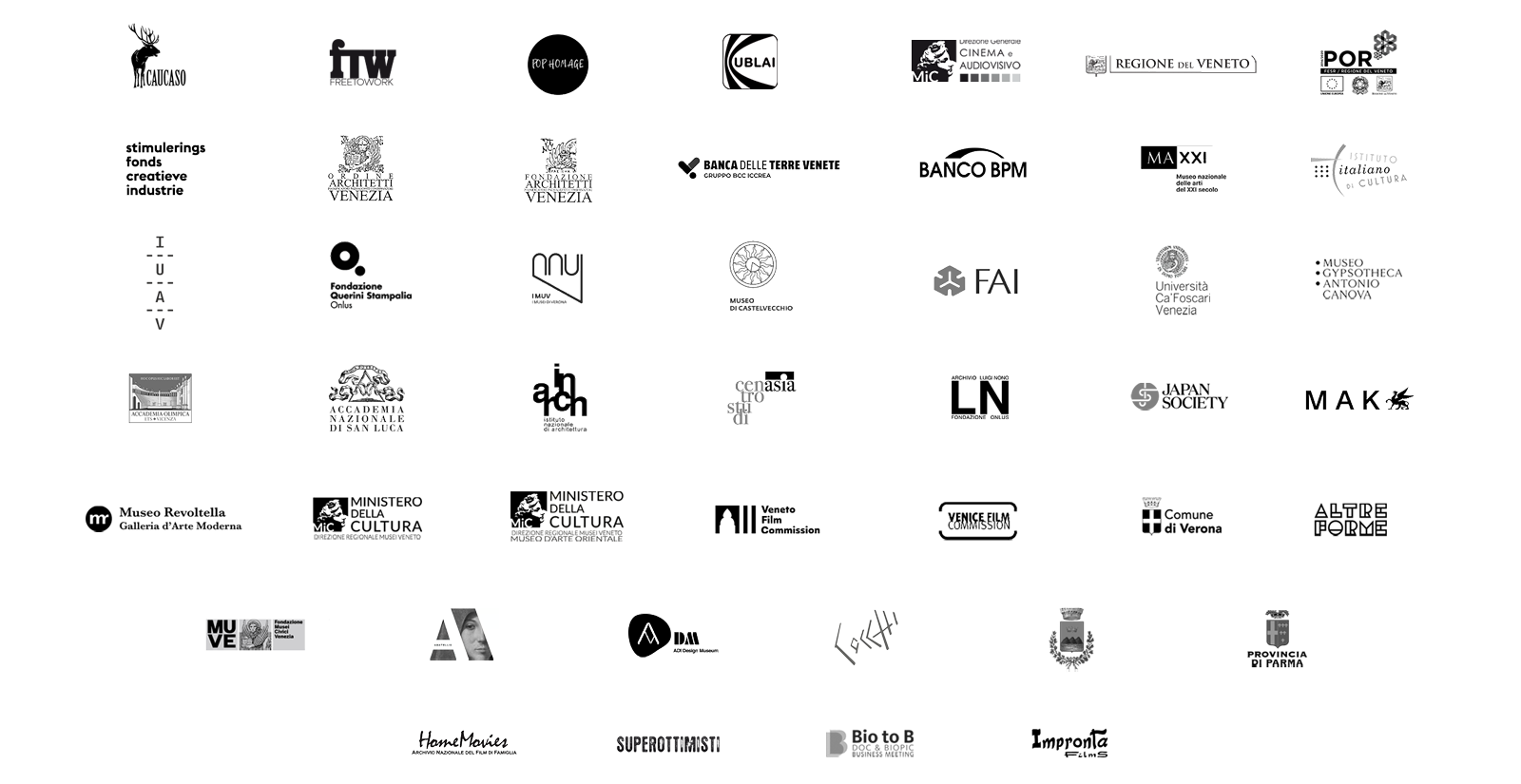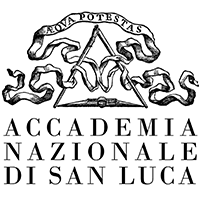IL PADIGLIONE
SULL’ACQUA
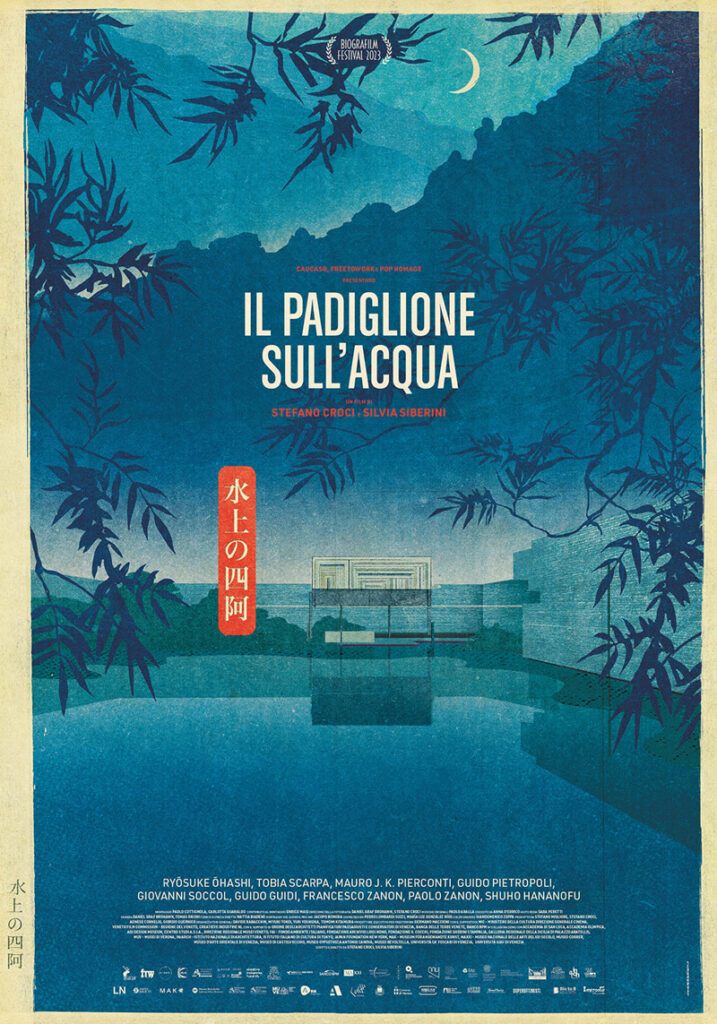


06-06-2025 | Selezione ufficiale al 41° Asolo Art Film Festival presso sala Duse, ore 21:30, Asolo (TV) – Italy
16-05-2025 | Proiezione presso la Sala Sant’Agostino, ore 21:00, Rimini – Italy
01-02-2025 | Selezione ufficiale al Architecture and Design Film Festival Chicago, 3:30 PM, Siskel Film Center, Chicago – USA
23-01-2025 | Proiezione al Centro Salesiano, ore 18.15, Milano – Italy
10-01-2025 | Selezione ufficiale al Architecture and Design Film Festival Mumbai, 5:15 PM, Jamshed Nhabha Theatre, Mumbai – India
23-11-2024 | Selezione ufficiale al Architecture and Design Film Festival Los Angeles, 8:15 PM, Culver Theatre, Los Angeles – USA
17-11-2024 | Selezione ufficiale al Brussels Art Film Festival, 2:00 PM, Cinematek Ledoux, Brussels – Belgio
12-11-2024 | Proiezione al British Film Institute (BFI), 07:00 PM, London – UK
26-10-2024 | Selezione ufficiale al Architecture and Design Film Festival Toronto – 06:30 PM, TIFF Lightbox, Toronto – Canada
24-10-2024 | Selezione ufficiale al Architecture and Design Film Festival Toronto – 08:45 PM, TIFF Lightbox, Toronto – Canada
11-10-2024 | Proiezione al cinema Sala Estense, ore 21:00, Ferrara – Italy
04-10-2024 | Proiezione al BAM – Open Air Design, ore 16:30, Milano – Italy
28-09-2024 | Selezione ufficiale all’Architecture and Design Film Festival, 1:00 PM Theater 1 – Village East by Angelika, New York – USA
27-09-2024 | Selezione ufficiale all’Architecture and Design Film Festival, 6:15 PM Theater 2 – Village East by Angelika, New York – USA
09-09-2024 | Proiezione all’Architexture 2024, Serre dei Giardini ore 21:00, Bologna – Italy
31-08-2024 | Proiezione a Cineluna 2024, ore 21:00, Montebelluna (TV) – Italy
04-08-2024 | Proiezione al Cinema nel Chiostro, ore 21:30 – Museo Sant’Orsola di Firenze – Italy
09-07-2024 | Proiezione a Senso Projekt, Le 100ecs – Établissement culturel solidaire, 20 heures – Paris – France
05-07-2024 | Proiezione a San Vito di Altivole, Treviso – ore 21:30 – Italy
27-06-2024 | Proiezione ai Giardini Parolini, ore 21:30, Bassano del Grappa (VI) – Italy
19-06-2024 | Proiezione all’Istituto Italiano di Cultura di Amburgo – ore 19:30 – Hamburg, Germany
14-06-2024 | Proiezione Masseria Tagliatelle, Lecce, Italy
09-06-2024 | Proiezione Sole Luna Doc nell’ambito di Una Marina di libri – ore 19:00 – Villa Filippina, Palermo, Italy
25-05-2024 | Proiezione nella mostra ‘In my name’ – ore 16:00 – Treviso, Italy
25-05-2024 | Proiezione al Cinema Turroni – ore 20:30 – Oderzo (TV), Italy
16-05-2024 | Proiezione al Cinema Arsenale – ore 20:30 – Pisa, Italy
07-05-2024 | Proiezione al Cinema Sivori – ore 21:00 – Genova, Italy
07-05-2024 | Proiezione al Metropolis Cinema – ore 17:45 e 20:15 – Bassano del Grappa (VI), Italy
03-05-2024 | Proiezione al Cinema Modernissimo – ore 13:00 – Bologna, Italy
29-04-2024 | Proiezione al Cinema Giorgione – ore 19:00 – Venezia, Italy
09-04-2024 | Proiezione al Cinema Capitol – Bergamo, Italy
07-04-2024 | Proiezione al Museo Gypsotheca Antonio Canova – ore 10:30 – Possagno (TV), Italy
06-04-2024 | Proiezione al Filmmuseum – ore 18:00 – Monaco di Baviera, Germany
06-04-2024 | Proiezione al Museo Gypsotheca Antonio Canova – ore 15:00 e ore 18:00 – Possagno (TV), Italy
05-04-2024 | Proiezione al M9 – Museo del ‘900 – ore 19:00 – Mestre Venezia, Italy
25-03-2024 | Proiezione al Cinema Lux – ore 20:30 – Padova, Italy
21-03-2024 | Proiezione al Cinema Lux – ore 20:30 – Padova, Italy
18-03-2024 | Proiezione al Cinema Eliseo – ore 21:00 – Cesena, Italy
13-03-2024 | Proiezione all’Università degli Studi di Trento – ore 17:30 – Trento, Italy
06-03-2024 | Proiezione all’Auditorium di Piazza Libertà – ore 21:00 – Bergamo, Italy
01-03-2024 | Proiezione al Cinema Duomo – ore 21:00 – Rovigo, Italy
29-02-2024 | Proiezione allo Spazio Alfieri – ore 21:30 – Firenze, Italy
27-02-2024 | Proiezione al Cinema Mignon Cerea – ore 20:30 – Cerea (VR), Italy
26-02-2024 | Proiezione al Cinema Odeon – ore 20:30 – Vicenza, Italy
22-02-2024 | Proiezione al MAXXI – Museo nazionale delle arti del XXI secolo, ore 18.00 Roma – Italy
20-02-2024 | Proiezione al Cinema Postmodernissimo, ore 21:00 – Perugia, Italy
18-02-2024 | Proiezione al Cinema Visionario, ore 10:30 – Udine, Italy
04-02-2024 | Selezione ufficiale all’ARCA International Festival of Films on Arts – MACA Museum in Manantiales, Uruguay
01-02-2024 | Proiezione all’interno di Art City Cinema in Cineteca di Bologna, ore 18.00 Bologna – Italy
25-01-2024 | Proiezione al Auditorium Fondazione Benetton, ore 18.00 Treviso – Italy
19-12-2023 | Proiezione al Campus Piacenza del Politecnico di Milano, Piacenza – Italy
15-12-2023 | Proiezione al Cinema Rossini, ore 21.00 Venezia – Italy
12-12-2023 | Proiezione al Cinema Kappadue, ore 21.00 Verona – Italy
06-12-2023 | Proiezione all’interno della rassegna “Architettura e Cinema”, ore 20:30 al Cinema Nuovo Eden di Brescia
05-12-2023 | Proiezione al Cinema Lo Schermo Bianco, ore 21:00 Bergamo – Italy
04-12-2023 | Proiezione al 48°Laceno d’Oro in concorso, ore 19.20 Avellino – Italy
13-10-2023 | Proiezione al 28°Artecinema Film Festival di Napoli
07-10-2023 | Proiezione in anteprima nazionale al 27°Rotterdam Architecture Film Festival – Olanda
16-06-2023 | Proiezione in anteprima mondiale al Biografilm Festival
06-06-2025 | Official selection at 41° Asolo Art Film Festival at Sala Duse, ore 21:30, Asolo (TV) – Italy
16-05-2025 | Screening at Sala Sant’Agostino, 09:00 PM, Rimini – Italy
01-02-2025 | Official selection at Architecture and Design Film Festival Chicago, 3:30 PM, Siskel Film Center, Chicago – USA
23-01-2025 | Screening at Centro Salesiano, 06:15 PM, Milano – Italy
23-11-2024 | Official selection at Architecture and Design Film Festival Mumbai, 5:15 PM, Jamshed Nhabha Theatre, Mumbai – India
23-11-2024 | Official selection at Architecture and Design Film Festival Los Angeles – 08:15 PM, Culver Theatre, Los Angeles – USA
17-11-2024 | Official selection at Brussels Art Film Festival, 2:00 PM, Cinematek Ledoux, Brussels – Belgium
12-11-2024 | Screening at British Film Institute (BFI), 07:00 PM, London – UK
26-10-2024 | Official selection at Architecture and Design Film Festival Toronto – 06:30 PM, TIFF Lightbox, Toronto – Canada
24-10-2024 | Official selection at Architecture and Design Film Festival Toronto – 08:45 PM, TIFF Lightbox, Toronto – Canada
11-10-2024 | Screening at Sala Estense, 09:00 PM, Ferrara – Italy
04-10-2024 | Screening at BAM – Open Air Design, ore 16:30, Milano – Italy
28-09-2024 | Official selection at Architecture and Design Film Festival, 1:00 PM Theater 1 – Village East by Angelika, New York – USA
27-09-2024 | Official selection at Architecture and Design Film Festival, 6:15 PM Theater 2 – Village East by Angelika, New York – USA
09-09-2024 | Screening at Architexture 2024, Serre dei Giardini ore 21:00, Bologna – Italy
31-08-2024 | Screening at Cineluna 2024, ore 21:00, Montebelluna (TV) – Italy
04-08-2024 | Screening at Cinema nel Chiostro, ore 21:30 – Museo Sant’Orsola di Firenze – Italy
09-07-2024 | Screening at Senso Projekt, Le 100ecs – Établissement culturel solidaire, 20 heures – Paris – France
05-07-2024 | Screening in San Vito di Altivole, Treviso – ore 21:30 – Italy
27-06-2024 | Screening at Giardini Parolini, ore 21:30, Bassano del Grappa (VI) – Italy
19-06-2024 | Screening at Istituto Italiano di Cultura di Amburgo – ore 19:30 – Hamburg, Germany
14-06-2024 | Screening at Masseria Tagliatelle, Lecce, Italy
09-06-2024 | Official selection, Sole Luna Doc – ore 19:00 – Villa Filippina, Palermo, Italy
25-05-2024 | Screening during the exhibition “In my name” – ore 16:00 – Treviso, Italy
25-05-2024 | Screening at Cinema Turroni – ore 20:30 – Oderzo (TV), Italy
16-05-2024 | Screening at Cinema Arsenale – ore 20:30 – Pisa, Italy
07-05-2024 | Screening at Cinema Sivori – ore 21:00 – Genova, Italy
07-05-2024 | Screening at Metropolis Cinema – ore 17:45 e 20:15 – Bassano del Grappa (VI), Italy
03-05-2024 | Screening at Cinema Modernissimo – ore 13:00 – Bologna, Italy
29-04-2024 | Screening at Cinema Giorgione – ore 19:00 – Venezia, Italy
09-04-2024 | Screening at Cinema Capitol – Bergamo, Italy
07-04-2024 | Screening at Museo Gypsotheca Antonio Canova – ore 10:30 – Possagno (TV), Italy
06-04-2024 | Screening at Filmmuseum – ore 18:00 – München, Germany
06-04-2024 | Screening at Museo Gypsotheca Antonio Canova – ore 15:00 e ore 18:00 – Possagno (TV), Italy
05-04-2024 | Screening at M9 – Museo del ‘900 – ore 19:00 – Mestre Venezia, Italy
25-03-2024 | Screening at Cinema Lux – ore 20:30 – Padova, Italy
21-03-2024 | Screening at Cinema Lux – ore 20:30 – Padova, Italy
18-03-2024 | Screening at Cinema Eliseo – ore 21:00 – Cesena, Italy
13-03-2024 | Screening at Università degli Studi di Trento – ore 17:30 – Trento, Italy
06-03-2024 | Screening at Auditorium di Piazza Libertà – ore 21:00 – Bergamo, Italy
01-03-2024 | Screening at Cinema Duomo – 21:00 – Rovigo, Italy
29-02-2024 | Screening at Spazio Alfieri – ore 21:30 – Firenze, Italy
27-02-2024 | Screening at Cinema Mignon Cerea – ore 20:30 – Cerea (VR), Italy
26-02-2024 | Proiezione al Cinema Odeon – ore 20:30 – Vicenza, Italy
22-02-2024 | Screening at MAXXI – National Museum of 21st Century Art – 06:00 p.m – Roma, Italy
20-02-2024 | Screening at Cinema Postmodernissimo, ore 21:00 – Perugia, Italy
18-02-2024 | Screening at Cinema Visionario, ore 10:30 – Udine, Italy
04-02-2024 | Official Selection at ARCA International Festival of Films on Arts – 5 P.M. – MACA Museum in Manantiales, Uruguay
01-02-2024 | Screening during Art City Cinema at Cineteca di Bologna, ore 18.00 Bologna – Italy
25-01-2024 | Screening at Auditorium Fondazione Benetton, 06:00 p.m Treviso – Italy
19-12-2023 | Screening at Campus Piacenza del Politecnico di Milano, Piacenza – Italy
15-12-2023 | Screening at Cinema Rossini, ore 21.00 Venezia – Italy
12-12-2023 | Screening at Cinema Kappadue, ore 21.00 Verona – Italy
06-12-2023 | Screening as part of the “Architettura e Cinema” event, 08:30 p.m. at Cinema Nuovo Eden di Brescia, Italy
05-12-2023 | Screening at Cinema Lo Schermo Bianco, ore 21:00 Bergamo – Italy
04-12-2023 | Screening at the 48°Laceno d’Oro, ore 19.20 Avellino – Italy
13-10-2023 | Screening at the 28°Artecinema Film Festival – Naples, Italy
07-10-2023 | National premiere at the 27th Rotterdam Architecture Film Festival – Netherlands
16-06-2023 | World premiere at Biografilm Festival

Il documentario Il Padiglione sull’Acqua è un viaggio, estetico e poetico, nell’immaginario dell’architetto veneziano Carlo Scarpa e nella sua passione per la cultura giapponese.
Il Giappone rappresentò per l’architetto un universo ispirazionale ma fu anche il luogo dove egli morì, nel 1978, all’apice della sua carriera, ripercorrendo misteriosamente i tragitti del poeta errante Matsuo Bashō.
Attraverso le impressioni suggerite dal filosofo giapponese Ryosuke Ōhashi, la narrazione si sviluppa lungo il filo di una domanda, la domanda sul senso della bellezza. La possibilità di questa riflessione accomuna qui le opere scarpiane e l’estetica tradizionale giapponese.
Venezia, nella veste di porta verso l’Oriente e luogo di nascita di Scarpa, e l’esplorazione incantata delle sue opere, sono l’occasione per rievocare la poetica ed episodi emblematici della vita dell’architetto. Essi sono restituiti attraverso le parole del figlio Tobia, dagli allievi Guido Pietropoli, Giovanni Soccol e Guido Guidi, e dal ricercatore J.K. Mauro Pierconti.
Un sentimento di nostalgia colora tutta la narrazione. Una nostalgia per quell’evento raro che è la nascita di un artista. Seppur ora abbia abbandonato questa terra, lascia in dono le sue opere e la meraviglia che esse tuttora suscitano.
The documentary feature film The Pavilion On The Water is a cinematic journey into the world of Venetian architect Carlo Scarpa and his passion for Japanese culture.
Japan, to him, was an inspirational universe but also the place where he eventually died in 1978, at the height of his career, while retracing the steps of wandering poet Matsuo Bashō.
Through the words of Japanese philosopher Ryosuke Ōhashi, the film unfolds and quests after the sense of beauty. It is the possibility of reflecting on this matter that brings together Scarpa’s work and Japanese traditional aesthetic.
Venice, the West’s gateway to the East as well as Scarpa’s birthplace, and a cinematic look at the architect’s work jointly represent the chance to evoke aspects of his life through the words of his son Tobia, his former students and collaborators and researcher J.K. Mauro Pierconti.
A nostalgic feeling permeates the whole film. Nostalgia for that rare event which is the birth of an artist. Although he passed away, he left behind a great and beautiful body of work that, still to this day, delights and amuses.

Personaggi / Characters
Ryōsuke Ōhashi è nato a Kyōto, in Giappone, nel 1944. Si è laureato con lode in filosofia all’Università Ludwig Maximilian di Monaco. Ha insegnato a Ōtsu dal 1975 al 1985 e a Kyōto dal 1985 al 2003. Nel 1990 ha ricevuto il Premio Philipp Franz von Siebold e nel 1996 la Medaglia Humboldt. Dal 2003 al 2007 ha insegnato all’Università di Ōsaka e dal 2007 al 2010 all’Università buddista Ryūkoku di Kyōto. È stato inoltre docente in molte università di tutto il mondo. Ōhashi è professore di ricerca presso l’Università Morphomata di Colonia e membro straordinario del Centro di Scienze Umane dell’Università Ludwig Maximilian di Monaco. È stato anche vicepresidente della Society for Intercultural Philosophy e successivamente membro del comitato.
Tobia Scarpa è nato a Venezia nel 1935. Figlio dell’architetto Carlo Scarpa, si è laureato nel 1957 all’Università IUAV (Istituto di Architettura di Venezia). Dal 1957 al 1961 ha lavorato come designer del vetro prima di aprire uno studio di design con la moglie Afra Bianchin. Insieme hanno progettato per diversi marchi come Gavina, B&B Italia, Cassina, Meritalia e Flos. Nel 1964 hanno collaborato con l’azienda di abbigliamento Benetton per la quale hanno progettato la prima fabbrica di tessuti e diversi negozi in tutto il mondo, tra cui quelli di Parigi e New York. Dal 2004 al 2007 hanno partecipato anche al restauro di palazzi storici italiani. Inoltre, dal 2002 Scarpa insegna presso il Dipartimento di Design dello IUAV. Per il suo lavoro ha ricevuto diversi premi, tra cui il Compasso d’oro e l’IF Industrie Forum Design Hannover, e alcuni degli oggetti da lui progettati sono esposti nei più importanti musei del mondo.
J.K. Mauro Pierconti si è laureato in architettura allo IUAV (Istituto di Architettura di Venezia) nel 2000, conseguendo poi, sempre presso la stessa scuola, un dottorato di ricerca in Storia dell’Architettura e dell’Urbanistica (2005). Dopo aver insegnato alla Venice International University (2006), ha ottenuto una borsa di studio dalla Japan Foundation (2007). Successivamente è entrato a far parte del programma di ricerca della Japan Society for the Promotion of Science (2009-2011), affiliato all’Università di Tokyo, dove lavora tuttora come ricercatore. In particolare, ha pubblicato un libro su Carlo Scarpa e il Giappone e una serie di saggi, incentrati sull’architettura giapponese, sulla rivista “Casabella”. Attualmente sta conducendo una ricerca su Shirai Seichi (1905-1983) e sull’architettura giapponese del secondo dopoguerra e sta preparando alcune pubblicazioni, dedicate rispettivamente a Richard Rogers, Zaha Hadid, Toyo Ito, Terunobu Fujimori, F.L. Wright, Otto Wagner e una monografia sul Santuario di Ise.
Giovanni Soccol è nato a Venezia nel 1938, affascinato dalla pittura fin dalla più tenera età. A soli quindici anni riceve il primo premio come giovane espositore alla XLI Collettiva dell’Opera Bevilacqua La Masa. Nel 1956 si iscrive alla Facoltà di Architettura di Venezia, proseguendo gli studi artistici nell’atelier di Guido Cadorin. Dopo aver interrotto gli studi universitari, nel 1964 espone alla XXXII Biennale di Venezia ricevendo il Premio del Ministero Industria e Commercio. Infine, nel 1967 si laurea con il massimo dei voti. Tra il 1974 e il 1997 è stato docente di Scenografia, svolgendo nel frattempo numerosi lavori. Come scenografo, Soccol ha partecipato al film Don’t Look Now del 1973 diretto da Nicolas Roeg. Ha lavorato anche in molti teatri e al Cantiere Internazionale d’Arte di Montepulciano nel 1975. Dal 1986 in poi, però, si è interessato solo alla pittura.
Shuho Hananofu è stata la prima responsabile generale degli affari floreali del Jishoji (noto anche come Ginkakuji o Padiglione d’Argento) di Kyoto. Nel 2015 è diventata una libera professionista e si è impegnata a offrire fiori alla natura, alle divinità, al tempo e alle persone in ambito nazionale e internazionale come maestra di ikebana dedicata al servizio delle piante. Nello stesso anno Shuho ha fondato la scuola di composizione floreale Seirensha Hanatomo No Kai e offre opportunità di ricercare la presenza dei fiori e di trovare il tempo per uno stile di vita spiritualmente ricco. Attualmente insegna all’Università di Arte e Design di Kyoto come visiting professor nel dipartimento di belle arti dall’aprile del 2017 e collabora con numerosi creatori artistici giapponesi e stranieri nei campi della musica, dell’arte contemporanea, dell’artigianato, dell’architettura e di molti altri generi.
Guido Guidi è nato a Cesena nel 1941 e ha studiato allo IUAV di Venezia prima Architettura e poi Disegno Industriale avendo come docenti Bruno Zevi, Italo Zannier, Luigi Veronesi e Carlo Scarpa. Decide di dedicarsi con continuità alla fotografia e con Scarpa intreccia un legame che lo porta a curare la lettura fotografica dell’opera di Scarpa: dalla Banca Popolare di Verona alla Fondazione Querini Stampalia e al mausoleo della famiglia Brion. A partire dal 1980 partecipa a progetti di ricerca sulla trasformazione della città e del territorio, documentando in seguito la nuova urbanizzazione sviluppatasi dopo la caduta del muro di Berlino e fotografando, tra i primi in Italia, il paesaggio marginale e antispettacolare della provincia. All’attività di fotografo affianca l’insegnamento e la promozione della fotografia e il suo lavoro è stato esposto in Italia e all’estero in importanti istituzioni e musei come il Guggenheim di New York, il Centre Pompidou di Parigi e la Biennale di Venezia.
Il laboratorio dei fratelli Paolo e Francesco Zanon è una storica e rinomata azienda specializzata nella lavorazione del ferro e dei metalli, con quasi ottant’anni di attività a Venezia. Fondata da Gino Zanon nel 1942 e poi rilevata nel 1980 dai figli Francesco e Paolo, educati dal padre a una solida cultura del lavoro, ha prodotto una quantità incredibile di opere nella città di Venezia e nel mondo. I fratelli Zanon hanno lavorato sia come restauratori di monumenti storici sia come artigiani creativi per istituzioni pubbliche e religiose, oltre che per clienti privati, collaborando attivamente con grandi architetti, artisti e scultori. Particolarmente significativo è il sodalizio durato tutta la vita con l’architetto Carlo Scarpa (1954-78) per il quale hanno realizzato le parti metalliche della maggior parte delle sue opere.
Guido Pietropoli è nato a Rovigo nel 1945. Ha studiato architettura all’Università di Venezia dove si è laureato con lode avendo come docente Carlo Scarpa. Ha lavorato nell’atelier di Le Corbusier a Venezia e nel 1972 ha aperto un proprio studio professionale, collaborando con Scarpa a diversi progetti, di cui ha curato il completamento alla morte dell’architetto. Dal 1977 al 1979 è docente e direttore della Scuola d’Arte e Mestieri di Vicenza e negli anni Ottanta entra a far parte del suo studio gli architetti giapponesi Teruisha Itoh e Hideyuki Hiramoto. In seguito ha collaborato con lo studio giapponese YKK ed è stato presidente dell’Ordine degli Architetti della Provincia di Rovigo. Ha redatto e/o progettato progetti residenziali, alberghieri e di restauro di importanti edifici, tra cui l’ex zuccherificio di Rovigo e le Gallerie dell’Accademia di Venezia, e ha allestito e/o progettato grandi mostre a Londra, Tokyo, New York e Roma. Attualmente è responsabile del restauro della tomba monumentale della Famiglia Brion (Treviso), opera di Carlo Scarpa.
Ryōsuke Ōhashi was born in Kyōto, Japan, in 1944. He graduated with honors in philosophy from Ludwig Maximilian University in Munich. Ōhashi taught in Ōtsu from 1975 to 1985 and in Kyōto from 1985 to 2003. In 1990 he received the Philipp Franz von Siebold Prize, and in 1996 he was awarded the Humboldt Medal. From 2003 to 2007 he taught at Ōsaka University and from 2007 to 2010 at Ryūkoku Buddhist University in Kyōto. He has also been a lecturer at many universities around the world. Ōhashi is a research professor at Morphomata University in Cologne and an extraordinary member of the Center for Human Sciences at Ludwig Maximilian University in Munich. He also served as vice president of the Society for Intercultural Philosophy and later as a committee member.
Tobia Scarpa was born in Venice in 1935. Son of architect Carlo Scarpa, he graduated in 1957 from the IUAV (Institute of Architecture of Venice). From 1957 to 1961 he worked as a glass designer before opening a design office with his wife Afra Bianchin. Together they designed for various brands such as Gavina, B&B Italia, Cassina, Meritalia and Flos. In 1964 they collaborated with the Benetton clothing company for which they designed the first textile factory and several stores around the world, including those in Paris and New York. From 2004 to 2007 they also participated in the restoration of historic Italian palaces. In addition, since 2002 Scarpa has taught in the Department of Design at the IUAV. He has received several awards for his work, including the Compasso d’oro and the IF Industrie Forum Design Hannover, and some of the objects he designed are exhibited in the world’s most important museums.
J.K. Mauro Pierconti graduated in architecture from IUAV (Institute of Architecture of Venice) in 2000, then earned, also at the same school, a Ph.D. in History of Architecture and Urbanism (2005). After teaching at Venice International University (2006), he obtained a fellowship from the Japan Foundation (2007). He later joined the research program of the Japan Society for the Promotion of Science (2009-2011), affiliated at the University of Tokyo, where he still works as a researcher. In particular, he has published a book on Carlo Scarpa and Japan and a series of essays, focusing on Japanese architecture, in the Casabella magazine. He is currently researching Shirai Seichi (1905-1983) and post-World War II Japanese architecture and preparing a number of publications, devoted respectively to Richard Rogers, Zaha Hadid, Toyo Ito, Terunobu Fujimori, F.L. Wright, Otto Wagner and a monograph on the Ise Shrine.
Giovanni Soccol was born in Venice in 1938, being captivated by painting from an early age. At just fifteen, he received his first prize as young exhibitor at the XLI Collettiva dell’Opera Bevilacqua La Masa. In 1956 he enrolled at the Faculty of Architecture in Venice, continuing his artistic studies in the atelier of Guido Cadorin. After having paused his university studies, in 1964 he exhibited at the XXXII Venice Biennale receiving the Ministero Industria e Commercio Prize. Finally in 1967 he graduated with the highest grade. Between 1974 and 1997 he was Professor in Scenography, working at many jobs in the meantime. As a scenographer, Soccol starred in the 1973 movie Don’t Look Now directed by Nicolas Roeg. He also worked at many theaters and at the Cantiere Internazionale d’Arte di Montepulciano in 1975. From 1986 on, however, he only took interest in painting.
Shuho Hananofu was the very first Flower Affairs General Manager of Jishoji (also known as Ginkakuji or Silver Pavilion) in Kyoto. She then became a freelance professional in 2015 and has been committed to flower offerings to nature, deities, time, and people in the domestic and international arenas as an ikebana master dedicated to the service of plants. Shuho also established a flower arrangement school Seirensha Hanatomo No Kai that same year and is offering opportunities to seek for the presence of flowers and to make time for a spiritually rich lifestyle. She currently teaches at Kyoto University of Art and Design as a visiting professor in the department of fine arts since April of 2017 while collaborating with a number of Japanese and foreign arts creators in the fields of music, contemporary art, crafts, architecture and many other genres.
Guido Guidi was born in Cesena in 1941 and studied at IUAV in Venice first Architecture and then Industrial Design having Bruno Zevi, Italo Zannier, Luigi Veronesi and Carlo Scarpa as professors. He decided to devote himself with continuity to photography and with Scarpa weaved a bond that led him to curate the photographic reading of Scarpa’s work: from the Banca Popolare di Verona to the Fondazione Querini Stampalia and the Brion family mausoleum. Starting in 1980 he participated in research projects on the transformation of the city and the territory, later documenting the new urbanization developed after the fall of the Berlin Wall and photographing, among the first in Italy, the marginal and anti-spectacular landscape of the province. He combines his activity as a photographer with teaching and promoting photography, and his work has been exhibited in Italy and abroad in important institutions and museums such as the Guggenheim in New York, the Centre Pompidou in Paris, and the Venice Biennale.
The workshop of brothers Paolo and Francesco Zanon is a historic and renowned company specializing in iron and metalworking, with nearly eighty years of activity in Venice. Founded by Gino Zanon in 1942 and then taken over in 1980 by his sons Francesco and Paolo, educated by their father in a solid work ethic and culture, it has produced an incredible amount of work in the city of Venice and around the world. The Zanon brothers have worked both as restorers of historical monuments and as creative craftsmen for public and religious institutions, as well as for private clients, actively collaborating with great architects, artists, and sculptors. Particularly significant is the lifelong association with architect Carlo Scarpa (1954-78) for whom they made the metal parts of most of his works.
Guido Pietropoli was born in Rovigo in 1945. He studied architecture at the University of Venice where he graduated with honors having Carlo Scarpa as his lecturer. He worked in Le Corbusier’s atelier in Venice and in 1972 opened his own professional studio, collaborating with Scarpa on a number of projects, the completion of which he oversaw upon the architect’s death. From 1977 to 1979 he was a lecturer and director of the Vicenza School of Arts and Crafts, and in the 1980s Japanese architects Teruisha Itoh and Hideyuki Hiramoto joined his studio. He later collaborated with the Japanese firm YKK and was president of the Rovigo Province Order of Architects. He has drafted and/or designed residential, hotel, and restoration projects for important buildings, including the former sugar mill in Rovigo and the Gallerie dell’Accademia in Venice, and has set up and/or designed major exhibitions in London, Tokyo, New York, and Rome. He is currently in charge of the restoration of the monumental tomb of the Brion Family (Treviso), by Carlo Scarpa.

Note di regia / Directors’ note
Il Padiglione sull’Acqua nasce da una ricerca dei registi che ha condotto alla realizzazione di un breve documentario su Carlo Scarpa (1906-1978) e Matsuo Bashō (1644-1694), La Pietà del Vento (2014).
Nel suo ultimo viaggio nel 1978 Scarpa intendeva raggiungere l’antica capitale giapponese Hiraizumi. Stava ripercorrendo i tragitti descritti dal poeta nel diario di viaggio che scrisse prima di morire, Lo stretto sentiero verso il profondo nord (1694). Scarpa non raggiunse mai Hiraizumi, morì in un tragico incidente a Sendai, nello stesso giorno in cui morì il poeta, il 28 novembre.
Conciliando un’aspirazione poetica, che asseconda una sensibilità lirica e sognante, con un approccio filosofico, abbiamo voluto raccontare le opere dell’architetto veneziano, non solo per l’alto valore artistico che rappresentano, ma anche per la natura della sua figura, quale emblema di un incontro unico tra tradizione e modernità, tra Oriente e Occidente. Scarpa stesso amava definirsi: «Bizantino nel cuore, un europeo che salpa per l’Oriente».
Il documentario ambisce idealmente, grazie ai mezzi del cinema, a rendere manifesta e a evocare la ricerca che egli operò in tale direzione.
La narrazione è diretta lungo un itinerario ‘esperienziale’, in cui suggestioni artistiche, filosofiche e letterarie, materiali d’archivio, pensieri e memorie diventano elementi portanti per la ricostruzione del discorso colto ed emozionale di Scarpa.
Nella convinzione che questa modalità narrativa conservi in sé un certo grado di esattezza, coerente con l’intrinseca impossibilità di circoscrivere l’esistenza e la creatività di un’artista in un ritratto compiuto e completo. E allo stesso tempo sia occasione per avvicinarsi ad un discorso dalla portata universale, quello sull’essenza dell’opera d’arte.
L’opera scarpiana sembra porci con insistenza questa questione che, come in un enigma, richiede di essere risolta. Ma più ci si addentra in questo tentativo più il mistero su di essa si apre. Come se l’opera di Scarpa non potesse lasciarci indifferenti, e ci costringesse ad interrogarci continuamente, su più livelli, come artisti, intellettuali, esseri umani. Pur essendo indissolubilmente legata al contesto in cui è sorta, essa sembra presentare una forza capace di parlarci nel profondo, superando limitazioni geografiche e culturali.
Come per entrare nelle case del tè realizzate da Sen no Rikyū (1522-1591) era necessario riporre le armi ed entrare da ‘pari’ – neppure il titolo nobiliare aveva peso in quel luogo – , nelle architetture scarpiane si entra con la mente e con il cuore in una disposizione particolare. Sono i luoghi stessi a richiederlo, loro stessi operano questa trasformazione.
The Pavilion on the Water grew out of the filmmakers’ research, which led to the making of a short documentary on Carlo Scarpa (1906-1978) and Matsuo Bashō (1644-1694), La Pietà del Vento (2014). On his last trip in 1978 Scarpa intended to reach the ancient Japanese capital Hiraizumi. He was retracing the routes described by the poet in the travelogue he wrote before his death, The Narrow Path to the Deep North (1694). Scarpa never reached Hiraizumi; he died in a tragic accident in Sendai on the same day the poet died, November 28th.
Reconciling a poetic aspiration, pandering to a lyrical and dreamy sensibility, with a philosophical approach, we wanted to recount the works of the Venetian architect, not only because of the high artistic value they represent, but also because of the nature of his figure as an emblem of a unique encounter between tradition and modernity, East and West.
Scarpa liked to call himself, “Byzantine at heart, a European setting sail for the East”.
The documentary ideally aspires, through the means of cinema, to manifest and evoke the research he worked in that direction.
The narrative is directed along an experiential itinerary, in which artistic, philosophical and literary suggestions, archival materials, thoughts and memories become load-bearing elements for the reconstruction of Scarpa’s cultured and emotional discourse.
In the belief that this narrative mode retains in itself a certain degree of exactitude, consistent with the intrinsic impossibility of circumscribing the existence and creativity of an artist in a complete and accomplished portrait.
And at the same time it is an opportunity to approach a discourse of universal scope, that of the essence of the work of art.
Scarpa’s work seems to insistently pose us this question, which, as in an enigma, demands to be solved. But the deeper we go into this attempt the more the mystery about it opens up. As if Scarpa’s work cannot leave us indifferent, and forces us to question ourselves continuously, on many levels, as artists, intellectuals, human beings. Although it is inextricably linked to the context in which it arose, it seems to present a force capable of speaking to us deeply, transcending geographical and cultural limitations. Just as to enter the tea houses built by Sen no Rikyū (1522-1591) it was necessary to lay down one’s arms and enter as an ‘equal’-not even the title of nobility had weight there-, in Scarpa’s architectures one enters with one’s mind and heart in a particular disposition. It is the places themselves that demand it, they themselves operate this transformation.

Autori / Authors
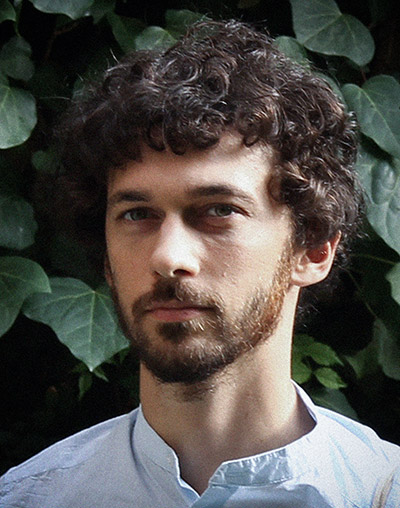
Stefano Croci (1984) si laurea in Storia dell’Arte specializzandosi poi in Filosofia Teoretica presso l’Alma Mater Studiorum – Università di Bologna. Si concentra dapprima sulla composizione musicale, per poi dedicarsi alla produzione di documentari e di videoarte fondando la casa di produzione Caucaso. Lavora come regista, produttore e direttore della fotografia, in produzioni presentate nei maggiori festival internazionali, cinema, emittenti televisive, musei ed accademia.
Principale filmografia come regista:
- Il Padiglione sull’Acqua (2023, doc 77′)
- Tutto è in Fiamme (2016, doc 62′)
- La Pietà del Vento (2014, doc 7′)
- Ulisse Futura (2010, fiction 23′)
In altri ruoli:
- Terra Incognita (in produzione) di E. Masi – doc 90′ – fotografia
- Ombre a Mezzogiorno (2023) di E. Carnuccio – doc 80′ – produttore, fotografia
- Princesa (2021) di S. Muresu – doc 49′ – produttore
- Never a Masterplan (2021) di G. Guernier – fiction 89′ – montaggio
- Icarus (2020) di G. Andreotta Calò – doc 36′ – fotografia
- Lucus a lucendo (2019) di E. Masi – doc 78′ – fotografia
- Shelter – Farewell to Eden (2019) di E. Masi – doc 80′ – fotografia
- Pantareno (2019) di E. Camerlenghi e A. Ftakas – doc 60′ – produttore creativo, montaggio
- Entroterra (2018) di A. Chiloiro, R. Franchini, G. Labriola, M. Ragno – doc 60′ – color correction
- Lepanto (2016) di E. Masi – doc 80′ – fotografia
- Muro Basso (2014) di E. Masi e S. Migliore – doc 53′ – soggetto, fotografia
- L’Uomo che Verrà (2009) di G. Diritti – fiction 115′ – attore
Stefano Croci (1984) graduated in Art History specializing then in Theoretical Philosophy at Alma Mater Studiorum – University of Bologna. He first focused on music composition and then devoted himself to documentary and video art production by founding the production company Caucaso. He works as a director, producer and director of photography, in productions presented at major international festivals, cinemas, television stations, museums and academia.
Main filmography as director:
- The Pavilion on the Water (2023, doc 77′)
- Tutto è in Fiamme (2016, doc 62′)
- The Pietà del Vento (2014, doc 7′)
- Ulisse Futura (2010, fiction 23′)
In other roles:
- Terra Incognita (production) by E. Masi – doc 90′ – cinematography
- Ombre a Mezzogiorno (2023) by E. Carnuccio – doc 80′ – producer, cinematography
- Princesa (2021) by S. Muresu – doc 49′ – producer
- Never a Masterplan (2021) by G. Guernier – fiction 89′ – editing
- Icarus (2020) by G. Andreotta Calò – doc 36′ – cinematography
- Lucus a lucendo (2019) by E. Masi – doc 78′ – cinematography
- Shelter – Farewell to Eden (2019) by E. Masi – doc 80′ – cinematography
- Pantareno (2019) by E. Camerlenghi and A. Ftakas – doc 60′ – creative producer, editing
- Entroterra (2018) by A. Chiloiro, R. Franchini, G. Labriola, M. Ragno – doc 60′ – color correction
- Lepanto (2016) by E. Masi – doc 80′ – cinematography
- Muro Basso (2014) by E. Masi and S. Migliore – doc 53′ – subject, cinematography
- L’Uomo che Verrà (2009) by G. Diritti – fiction 115′ – actor
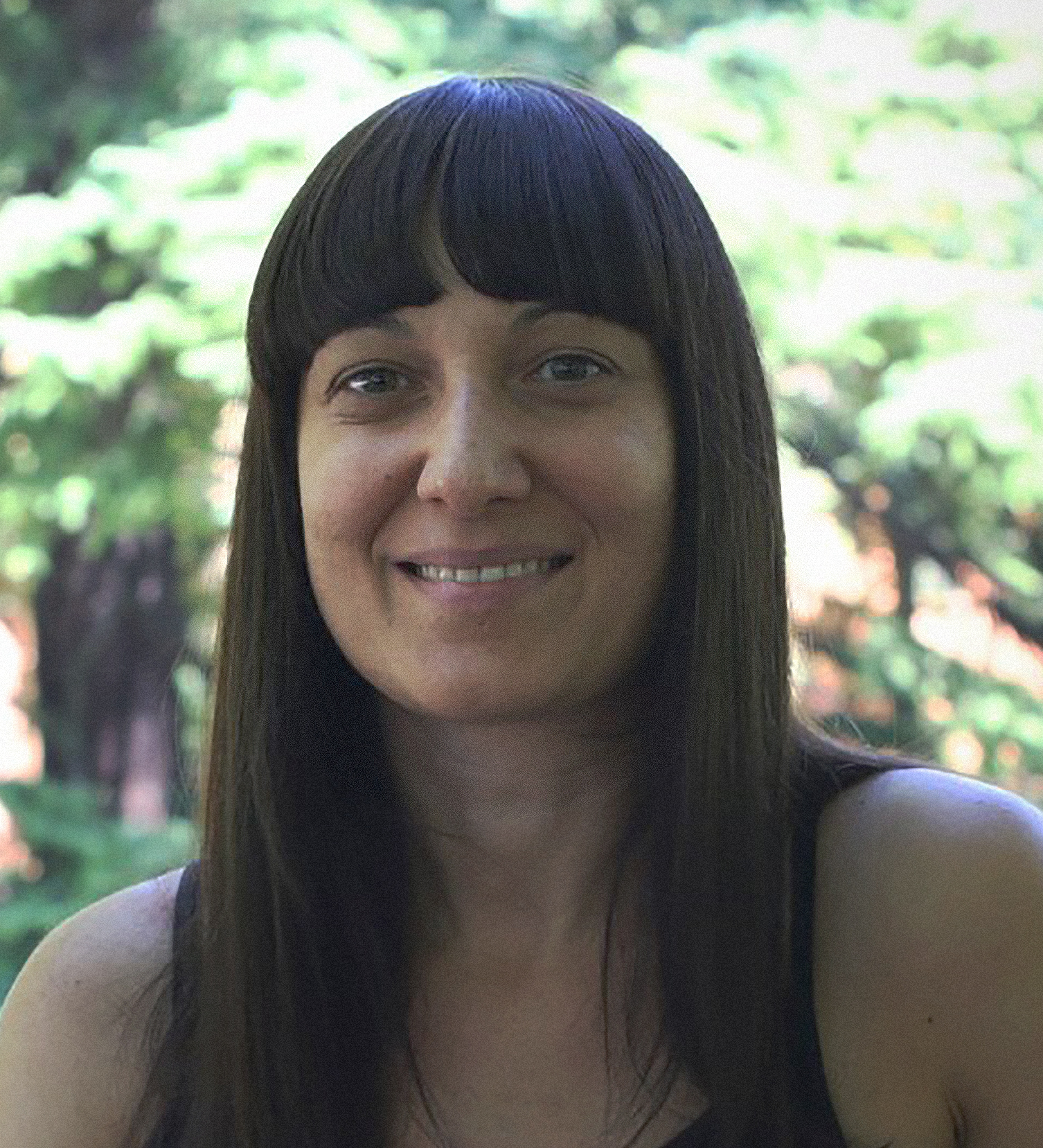
Silvia Siberini (1980) si laurea in Filosofia e Storia e consegue poi una seconda laurea in Culture e Civiltà Orientali presso l’Università di Bologna. Specializzata in lingua giapponese, lavora e approfondisce gli studi in filosofia comparata in America Latina, India e Giappone. Dal 2001 ha collaborato con artisti italiani nel campo delle arti visive (pitture murali, fotografia, documentari, editoria) e si è occupata di produzione e di distribuzione di animazioni. Dal 2005 ha preso parte a numerosi progetti culturali, in ambito filosofico, avendo l’occasione di conoscere alcuni tra i più importanti esponenti della cultura filosofica e scientifica contemporanea.
Principale filmografia:
- Il Padiglione sull’Acqua (2023) – doc 77′ – regia
- Tutto è in Fiamme (2016) – doc 62′ -regia, fotografia
- La Pietà del Vento (2014) – doc 7′ – regia, fotografia, montaggio
- Big Bang Big Boom (2010) di Blu – animazione 10′ – produttrice
- Muto (2008) di Blu – animazione 7′ – produttrice
- Megunica (2008) di L. Fonda – doc 82′ – partecipazione, interviste
Silvia Siberini (1980), graduated in Philosophy and History and then pursued a second degree in Oriental Cultures and Civilizations at the University of Bologna. Specializing in Japanese language, she works and deepens her studies in comparative philosophy in Latin America, India and Japan. Since 2001 she has collaborated with Italian artists in the field of visual arts (wall paintings, photography, documentaries, publishing) and has been involved in animation production and distribution. Since 2005, she has taken part in numerous cultural projects, in the field of philosophy, having the opportunity to get to know some of the most important exponents of contemporary philosophical and scientific culture.
Main filmography:
- Il Padiglione sull’Acqua (2023) – doc 77′ -director, photography
- Tutto è in Fiamme (2016) – doc 62′ -director, photography
- La Pietà del Vento (2014) – doc 7′ -director, photography, editing
- Big Bang Big Boom (2010) di Blu – animazione 10′ – producer
- Muto (2008) di Blu – animazione 7′ – producers
- Megunica (2008) di L. Fonda – doc 82′ – participation, interviews

Case di produzione / Production companies
Caucaso Factory
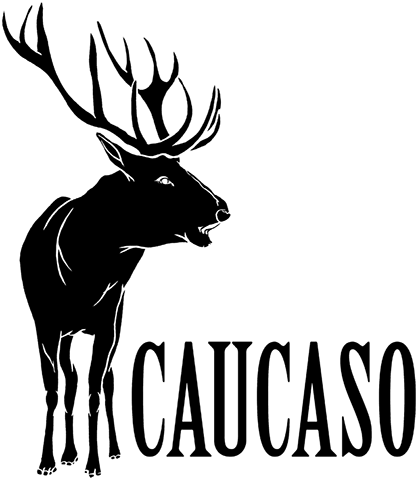
Freetowork

Pop Homage
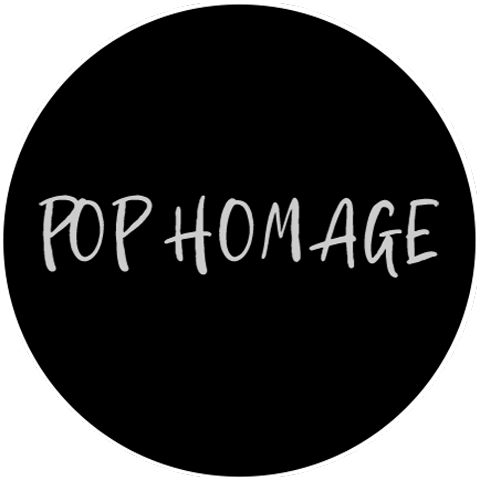

con la partecipazione di
with the partecipation of
Ryōsuke Ōhashi, Tobia Scarpa, J.K. Mauro Pierconti, Guido Pietropoli, Elena Tinacci
Giovanni Soccol, Guido Guidi, Francesco Zanon, Paolo Zanon, Shuho Hananofu
scritto e diretto da
written and directed by
prodotto da
produced by
montaggio
edited by
Paolo Cottignola, Carlotta Guaraldo
contributo al montaggio
editor consultant
Enrico Masi
colonna sonora originale
original score
eseguita da
performed by
Anna D’Errico
direzione della fotografia
cinematography
Daniel Graf Brohawn, Stefano Croci
operatori di ripresa
camera operators
Daniel Graf Brohawn, Tomas Rigoni
sound recordist
sound post-production
Jacopo Bonora, Pedro Lombardi Suzzi, María Luz González Ríos
assistente alla regia
first assistant director
Sara Peretti
coordinatori di produzione
production coordinators
produttore esecutivo per Freetowork
executive producer for Freetowork
prodotto da
produced by
con il contributo di
with the contribution of
Ministero della Cultura – Contributi Selettivi, Creatieve Industrie NL, Veneto Film Commission – Regione del Veneto – POR FESR 2014 – 2020
con il supporto di
with the support of
Ordine degli Architetti Pianificatori Paesaggisti e Conservatori di Venezia e della loro Fondazione, Banca delle Terre Venete, Banco BPM
in collaborazione con
in collaboration with

Galleria di immagini / Image gallery
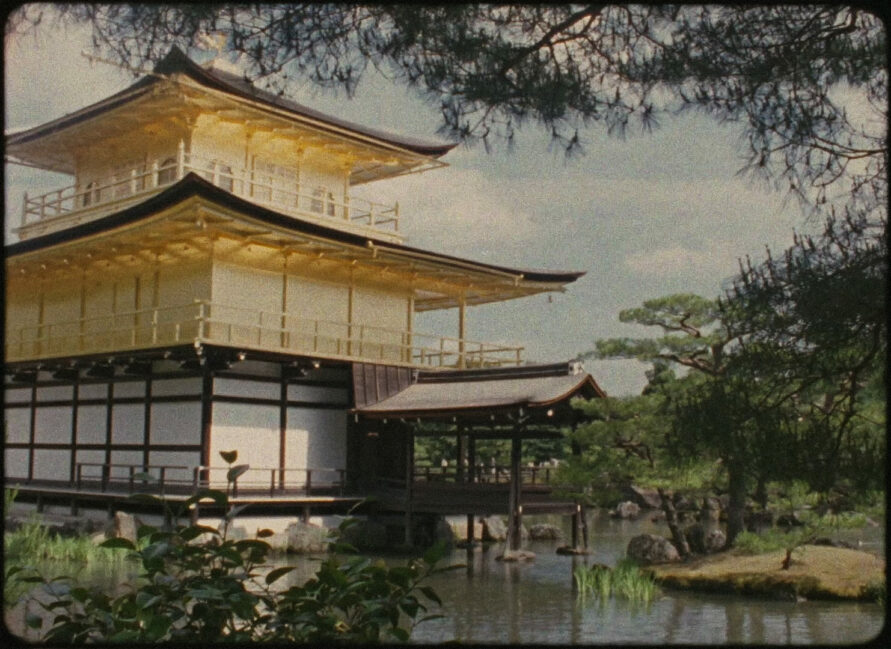
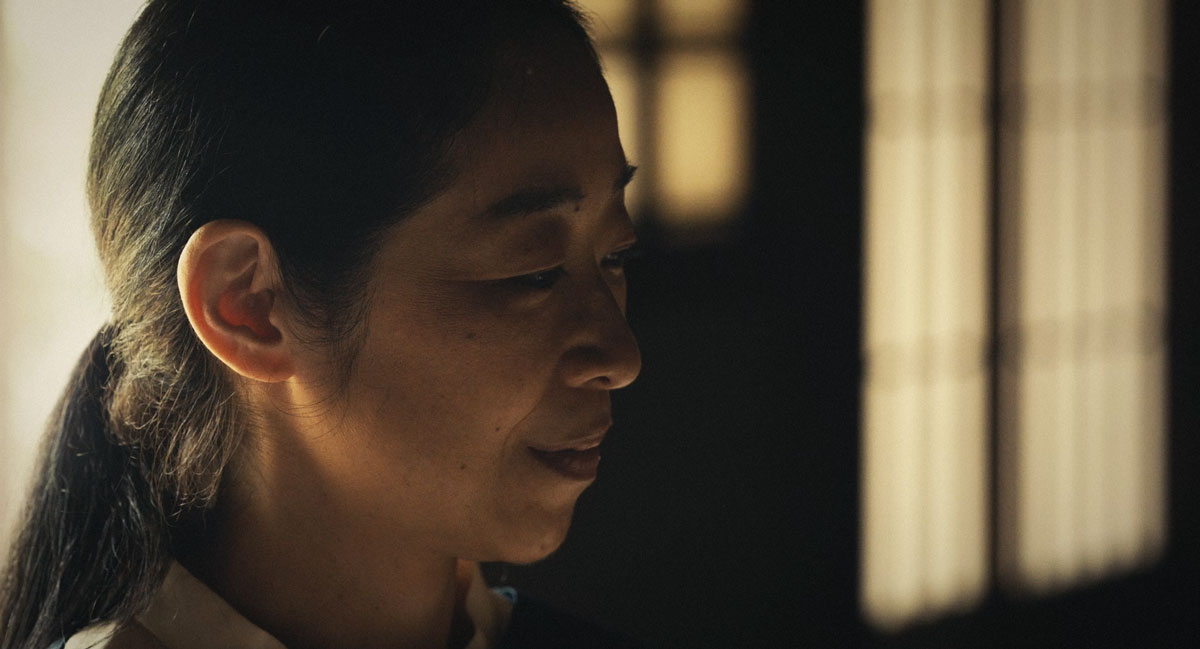
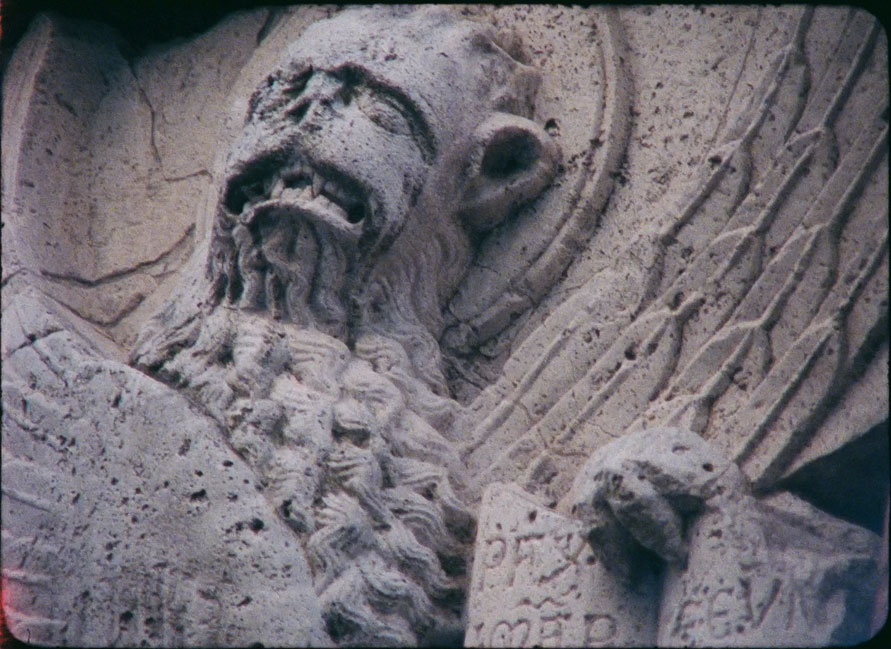
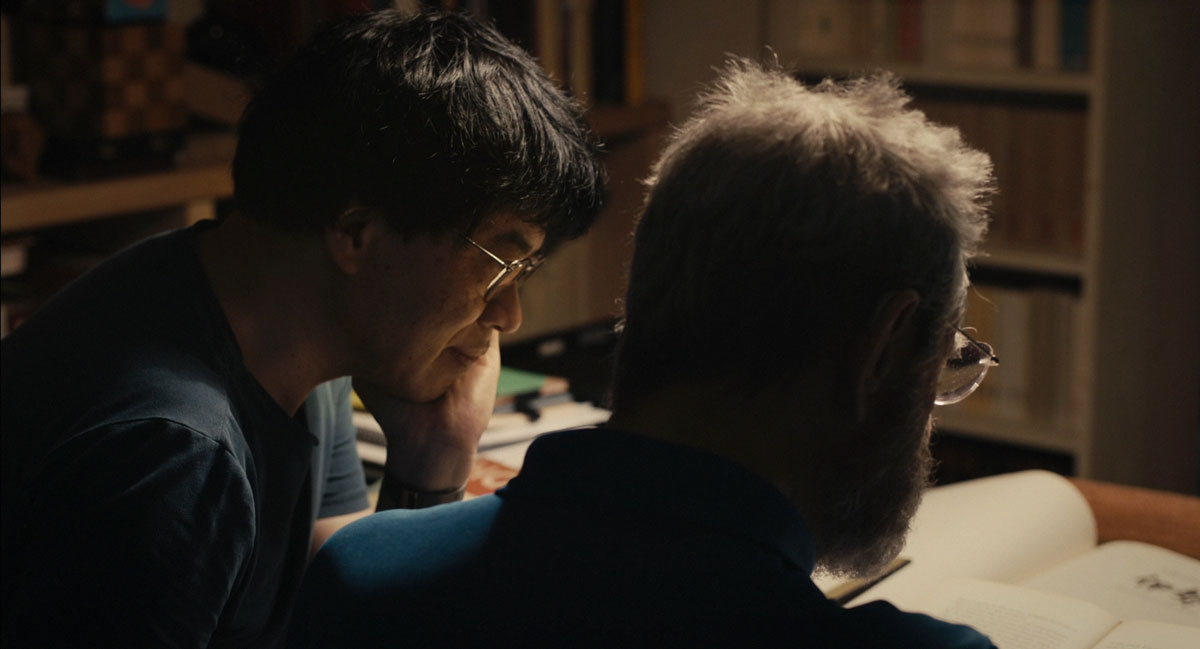
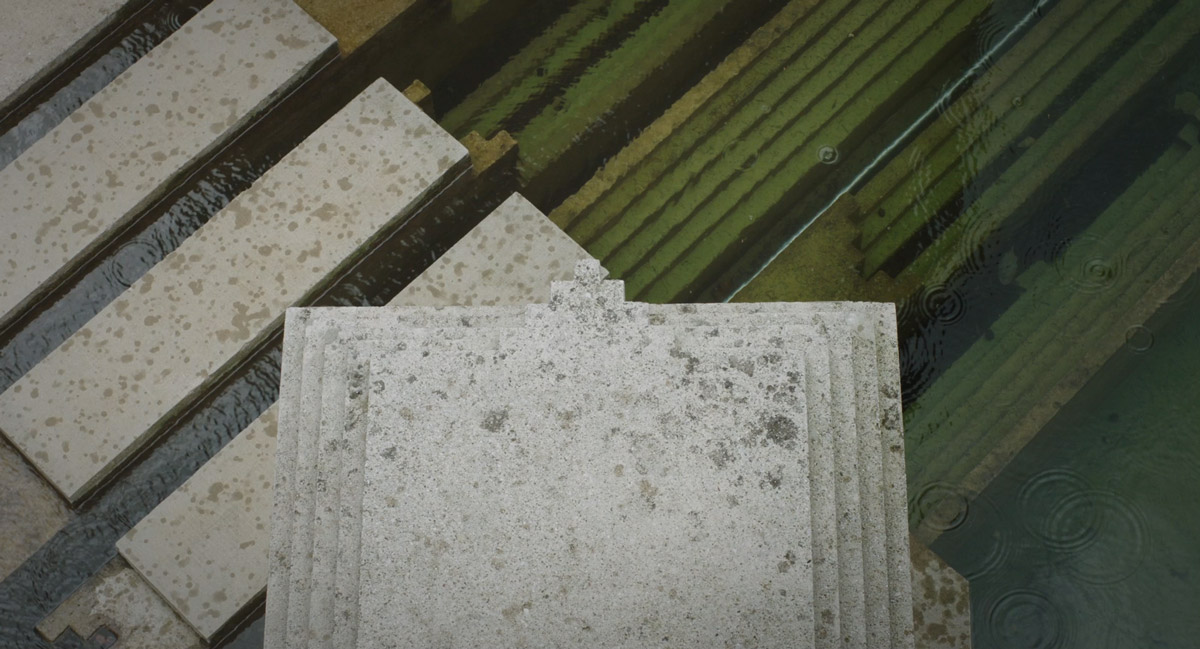
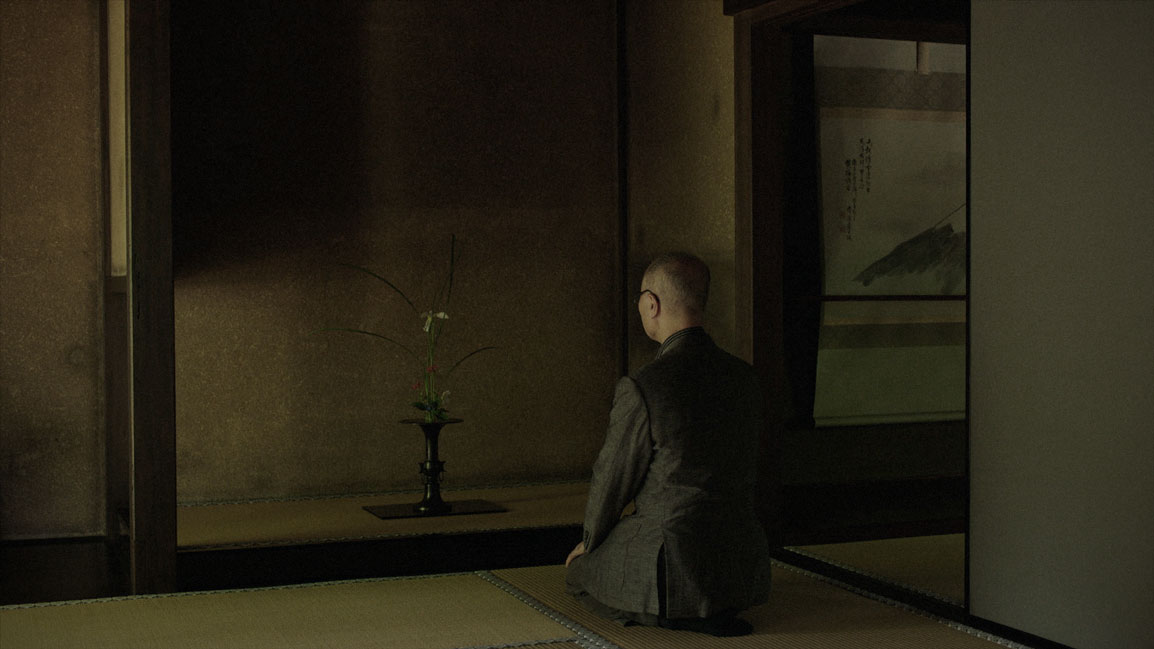

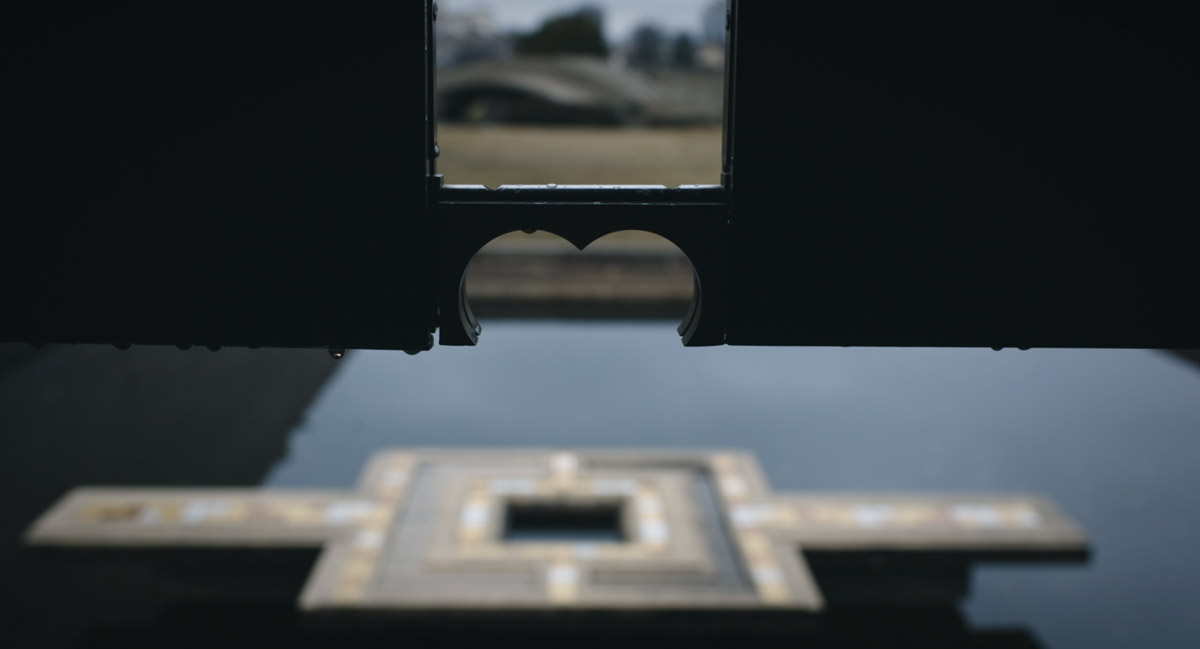
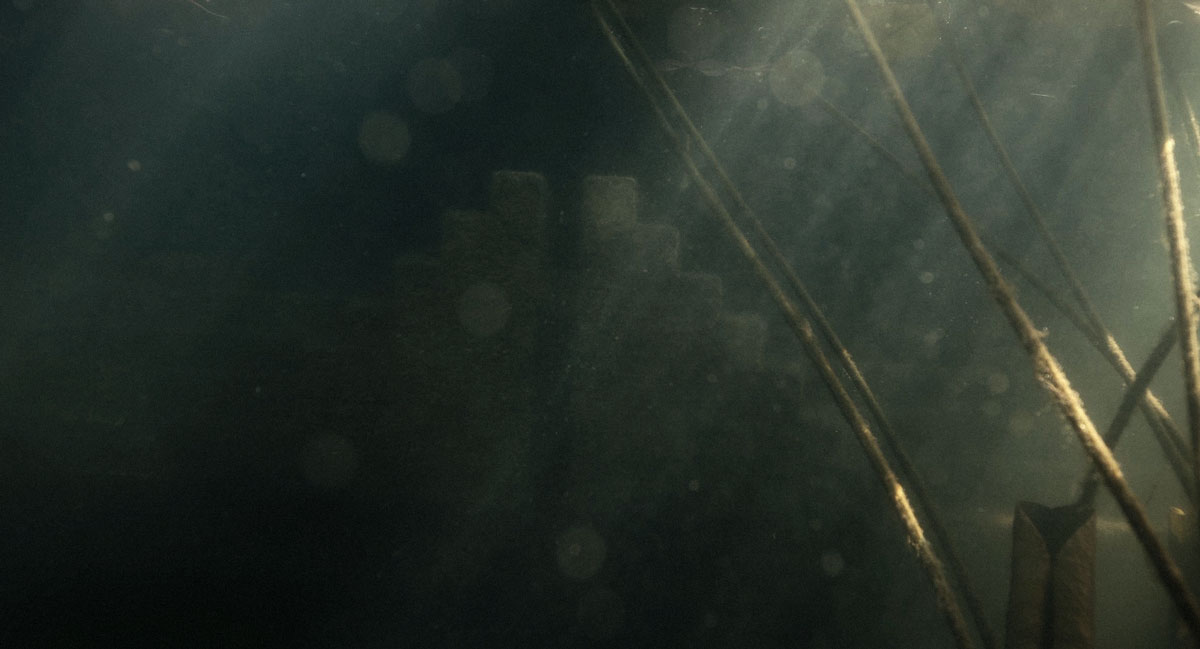
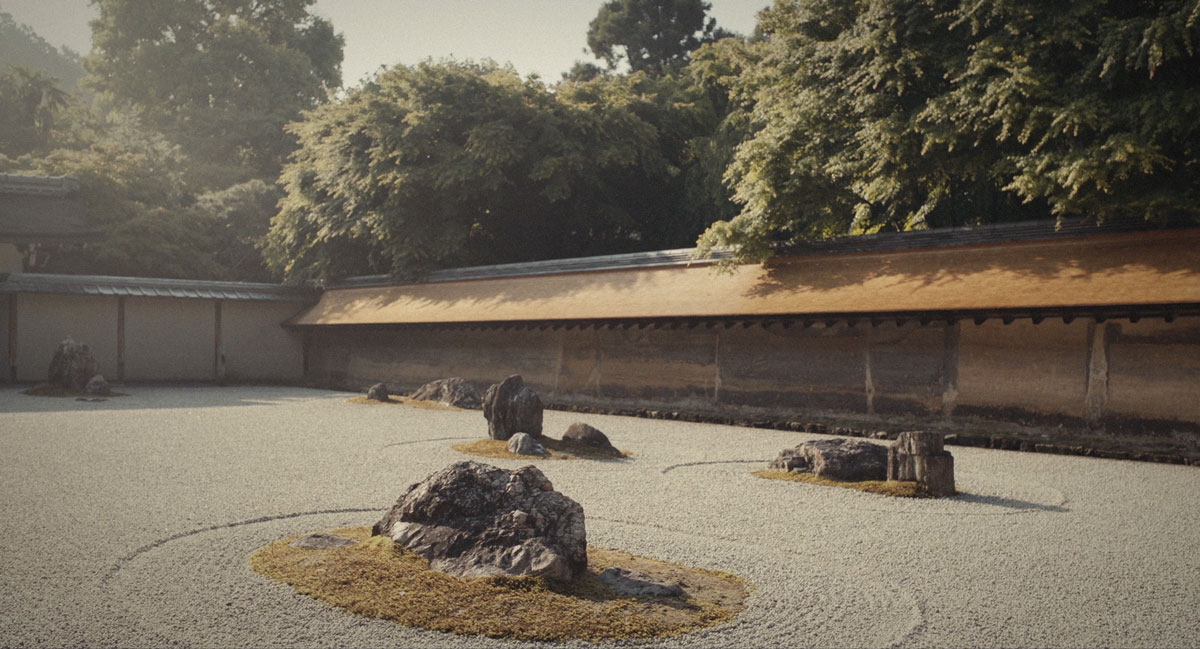
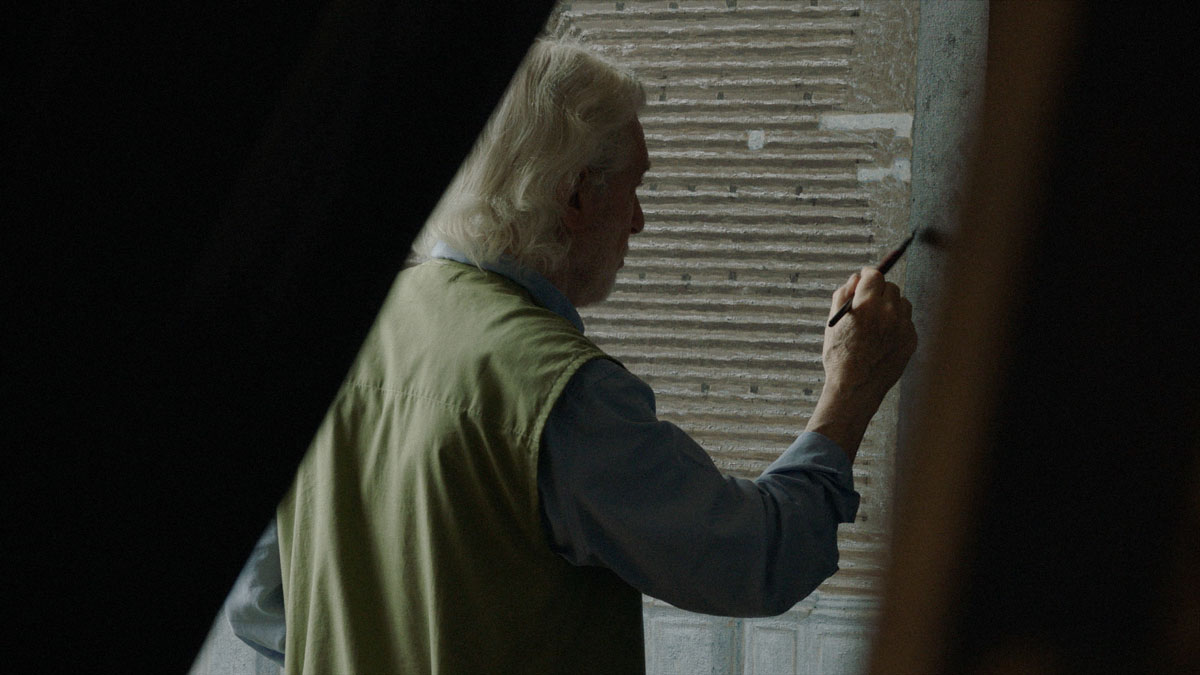
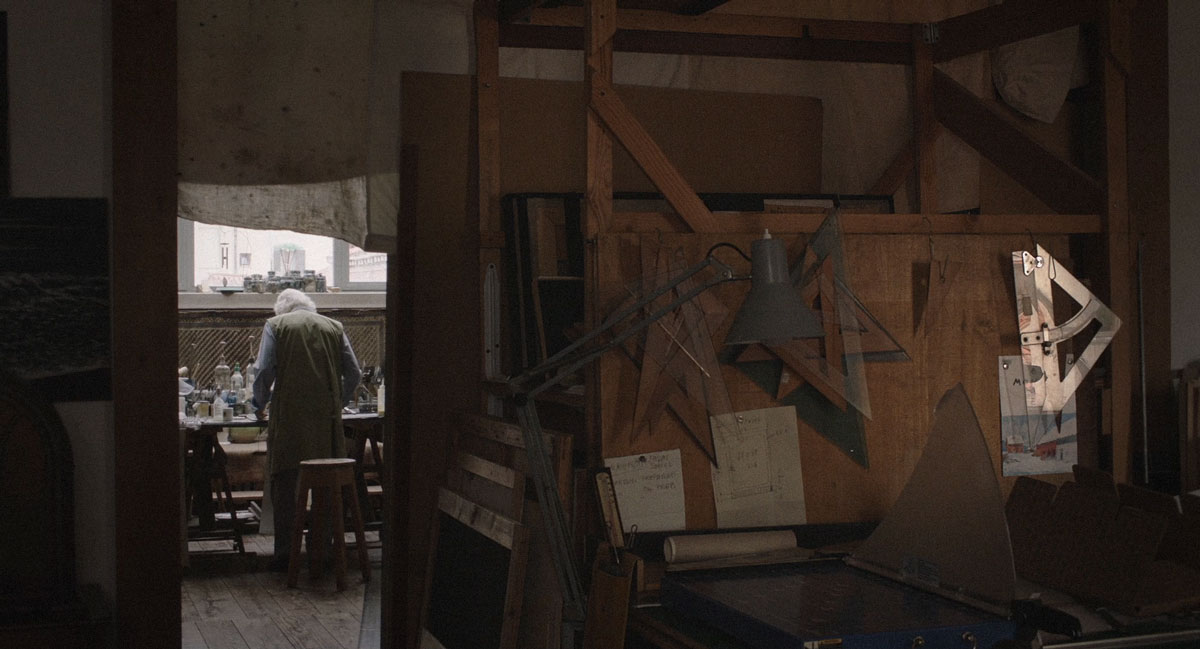
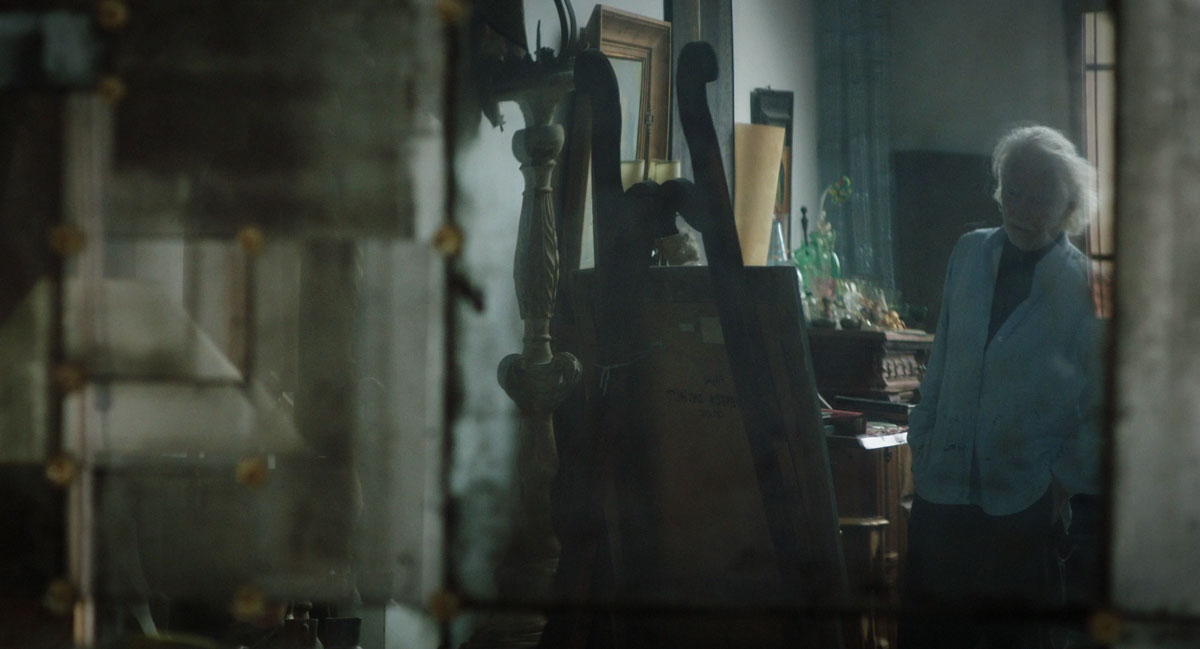
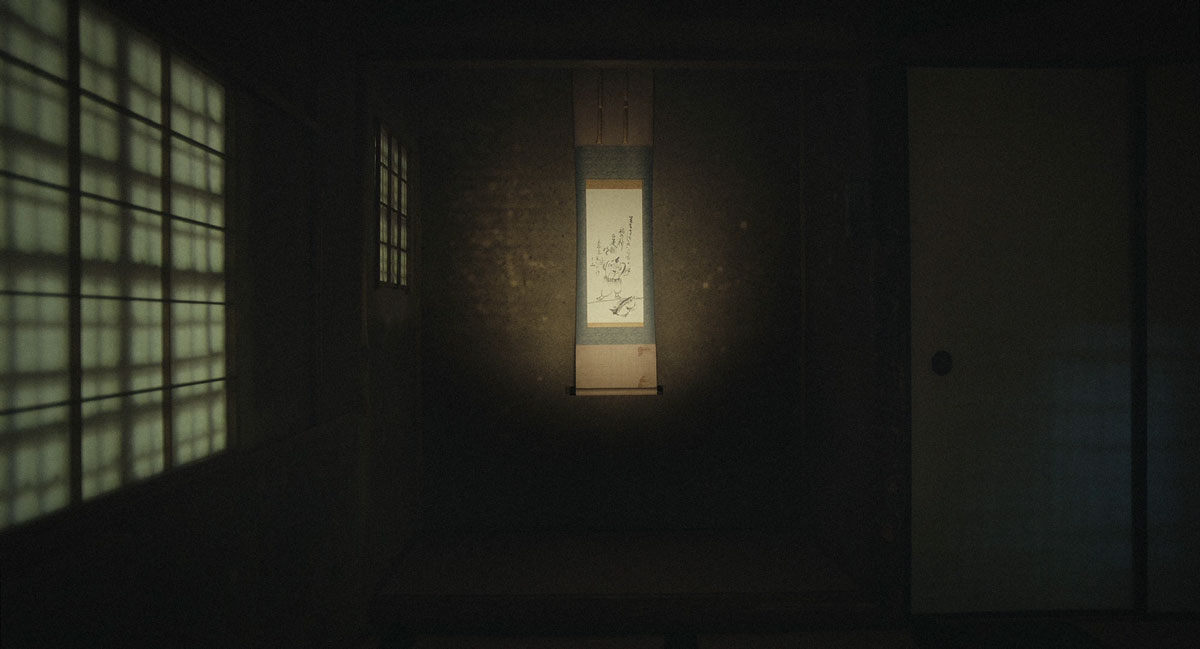
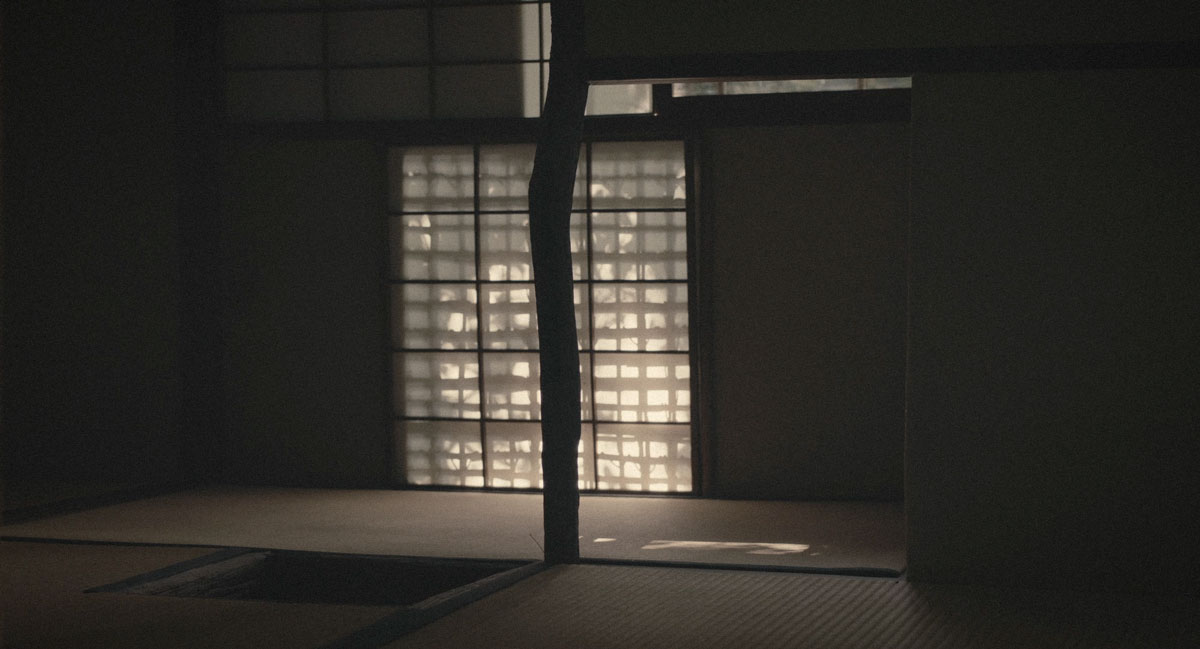
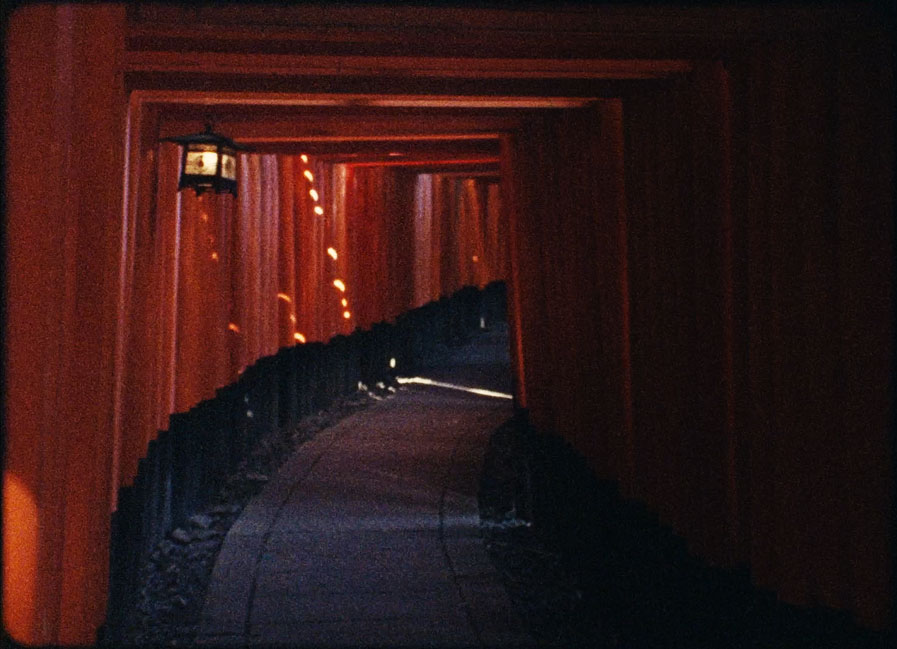
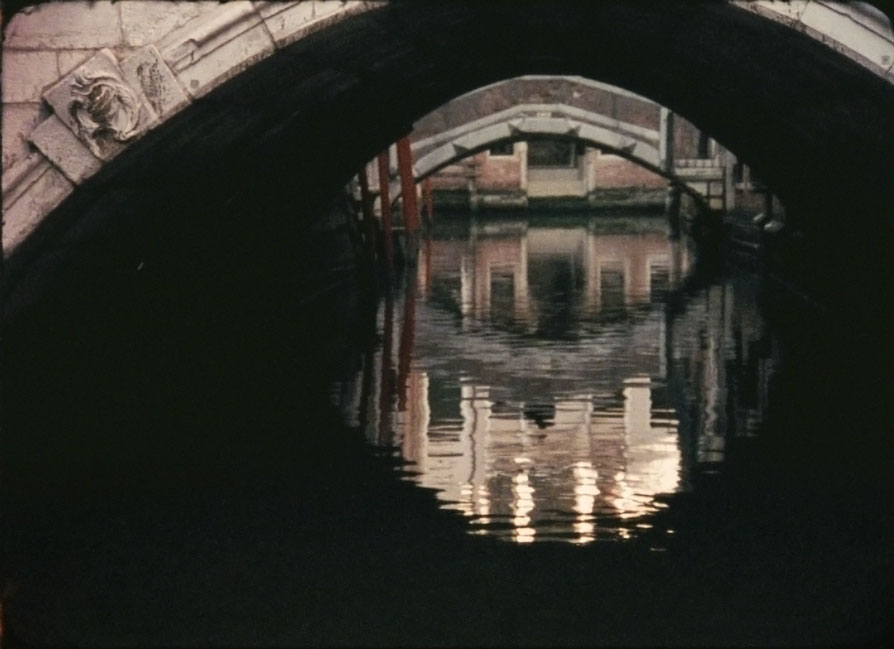
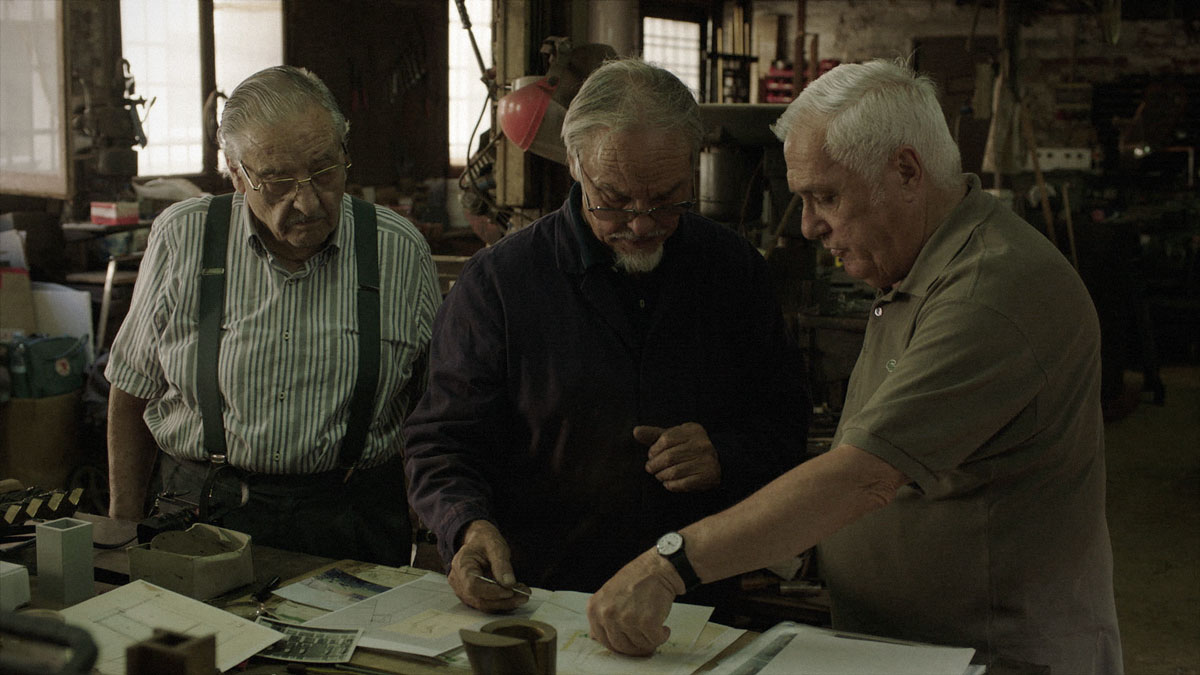
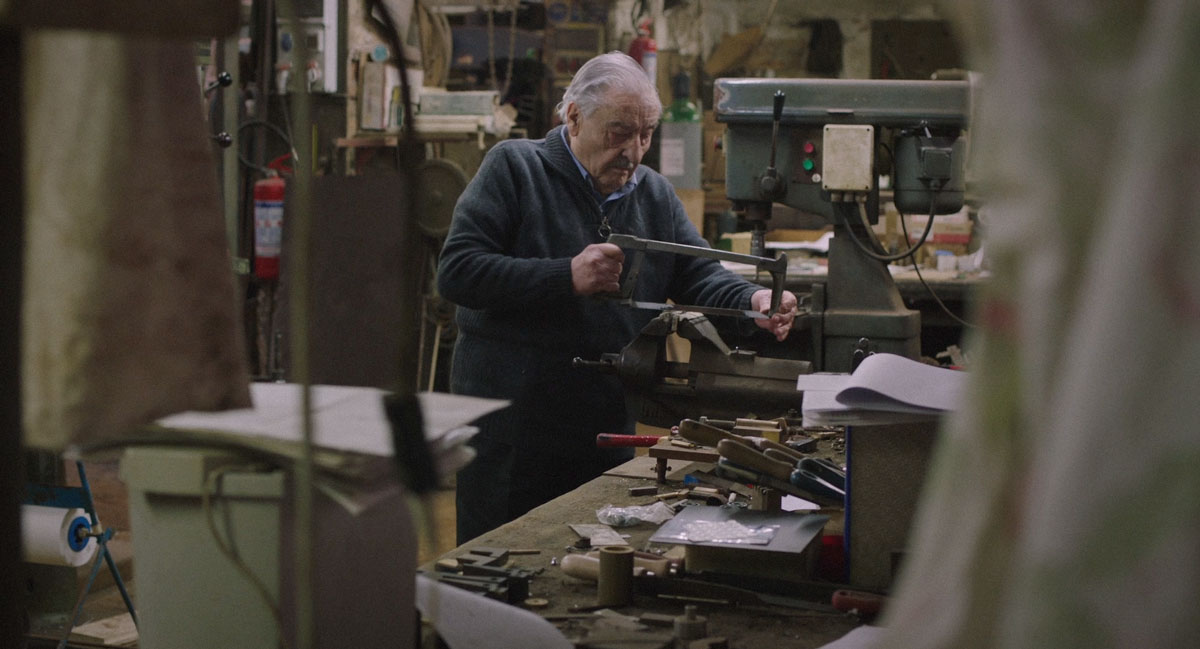

Stampa / Press
…
…

Contatti / Contacts
Seguici sui nostri canali:
Follow us on our channels:
facebook.com/ilpadiglionesullacqua
instagram.com/ilpadiglionesullacqua_film
thepaviliononthewater@gmail.com

